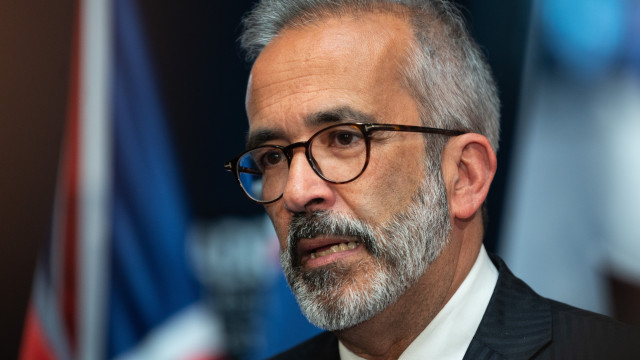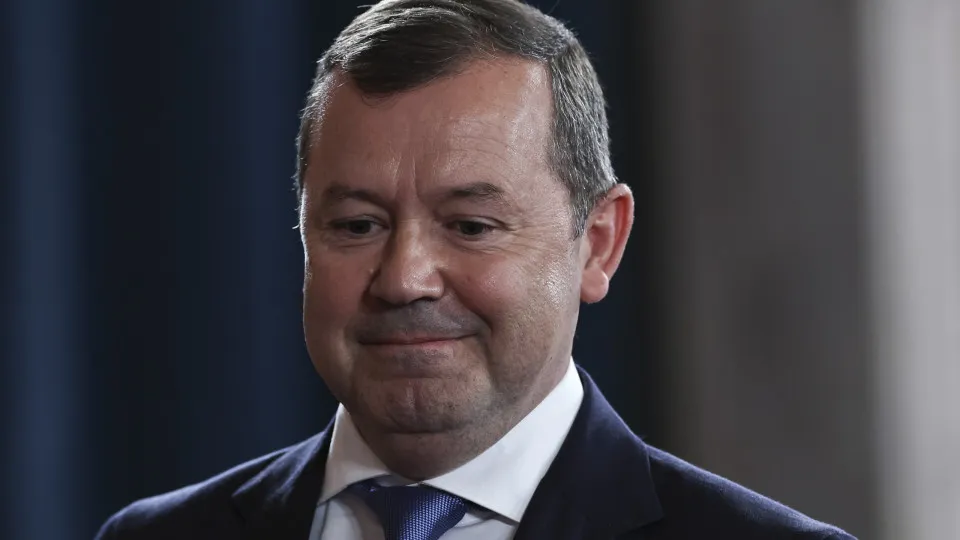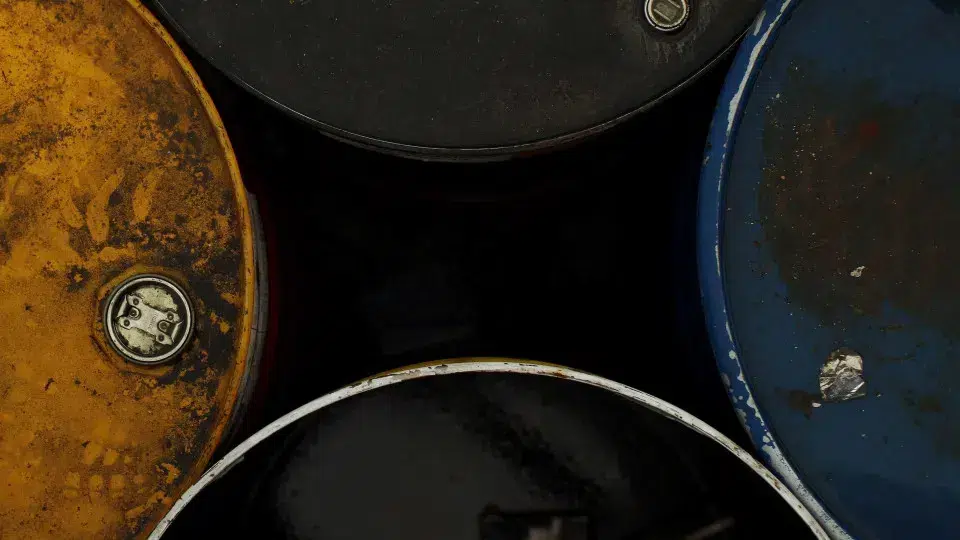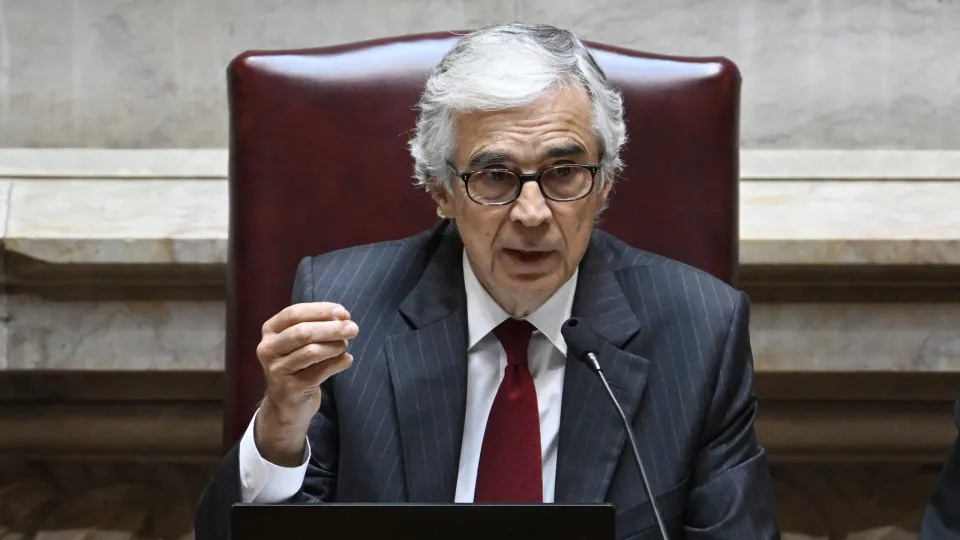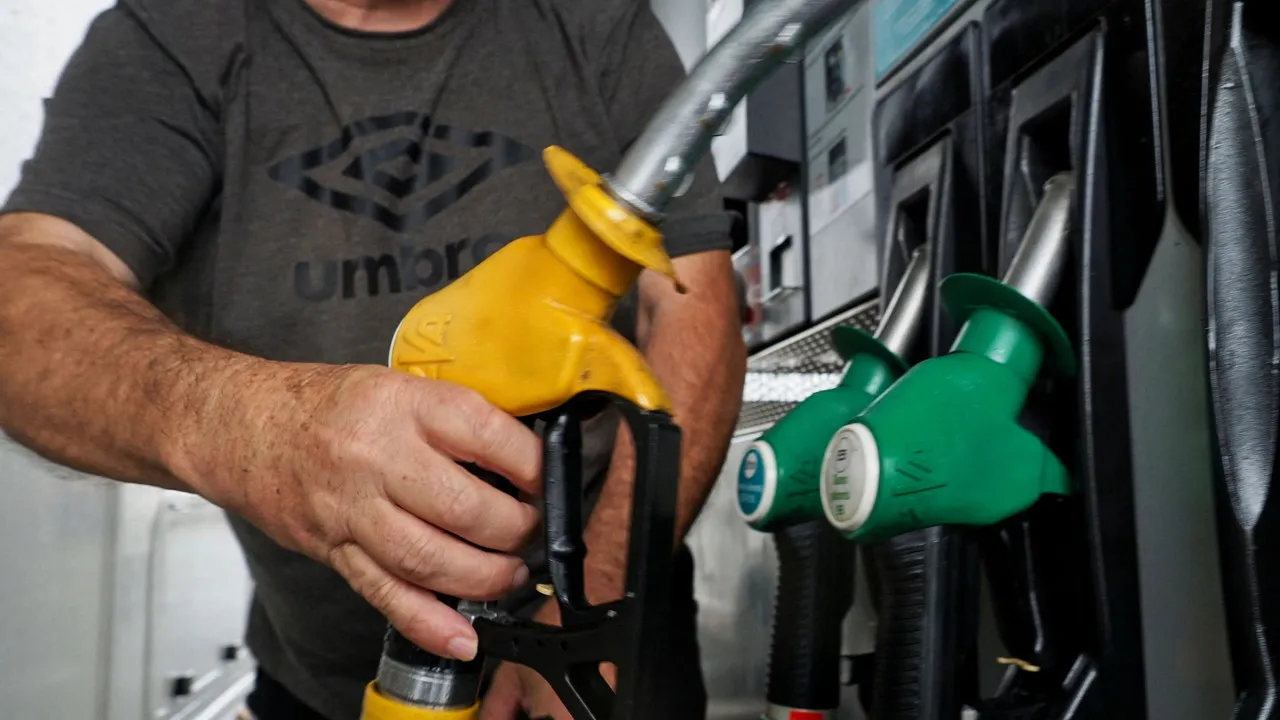
Fuel prices are set to rise at the beginning of next week, affecting both gasoline and diesel, according to forecasts released by the Automóvel Club de Portugal (ACP) on Friday.
The anticipated increase involves an addition of 3.5 cents for diesel and two cents for gasoline, according to ACP, which cited industry sources.
“If the forecasts for next week are confirmed, the average price of regular diesel is expected to rise to 1.608 euros per liter, while regular gasoline 95 will increase to 1.693 euros per liter,” reports ACP.
ACP highlights, however, “that these forecasts are based on the assumption of the continuation of extraordinary tax reduction measures applied by the government to mitigate price increases” and reminds that the “measures in effect include the reduction of the Tax on Petroleum Products (ISP) and the compensation of additional VAT revenue.”
This price rise follows a respite observed in the last two weeks.
At the beginning of last week, gasoline became cheaper, while diesel experienced a (very) slight increase, according to updated average prices from the Directorate-General for Energy and Geology (DGEG).
Calculating, regular gasoline 95 dropped from 1.689 euros per liter to 1.675 euros per liter between Friday and Monday, representing a decrease of 1.4 cents.
Meanwhile, regular diesel moved from 1.570 euros per liter to 1.573 euros per liter in the same period, indicating an increase of less than half a cent.
The price of Brent crude oil for September delivery ended Thursday on the London futures market, decreasing by 2.21%, falling below the $70 threshold, at $68.64. The North Sea crude, a reference in Europe, concluded the session on the Intercontinental Exchange trading $1.55 below the $70.19 it reached at the end of Wednesday’s transactions.
Brent experienced a significant decline after three sessions of gains, moving away from the $70 per barrel mark as investors evaluate the uncertainty surrounding U.S. President Donald Trump’s tariff plans and their impact on the global economy.
Trump threatened Brazil on Wednesday with 50% tariffs on exports to the U.S., a new escalation of his tariff threats, following his announcement of plans to impose levies on copper, semiconductors, and pharmaceuticals.
However, given that this week Trump also extended the deadline for trade negotiations, initially set to end on July 9, increasing his record of policy reversals, experts say the market is becoming less reactive to these announcements.
Investors are also closely watching the Organization of the Petroleum Exporting Countries (OPEC+) and its allies, who, after approving a higher-than-expected production increase in August, are showing indications of possibly announcing another significant rise in September.

